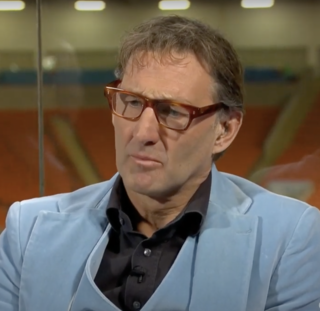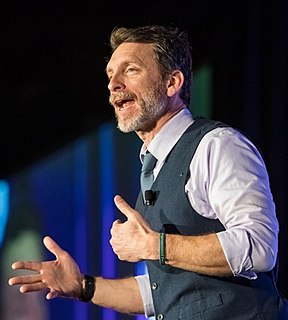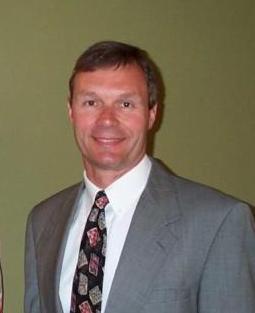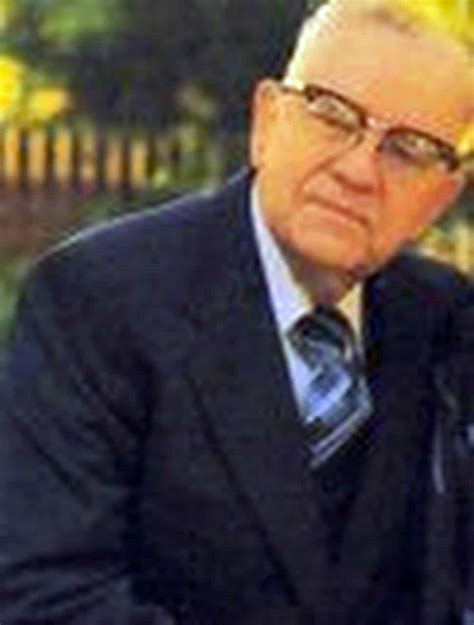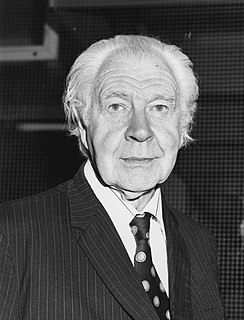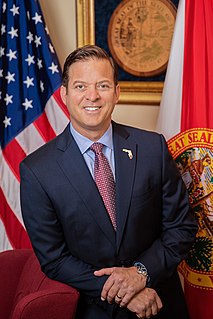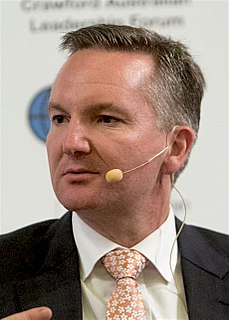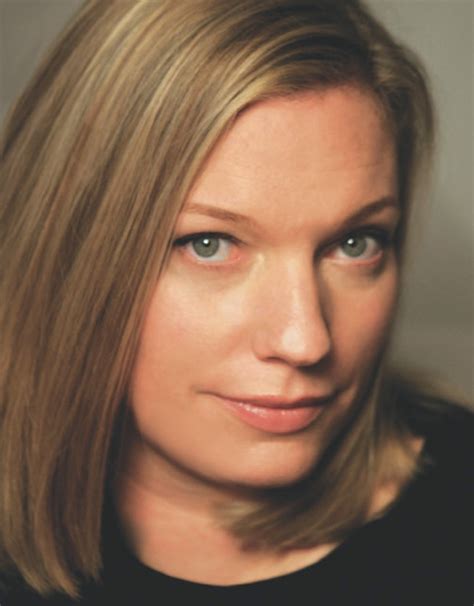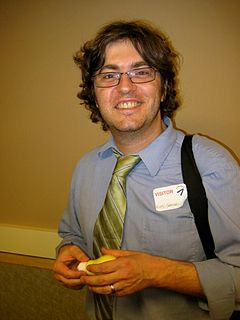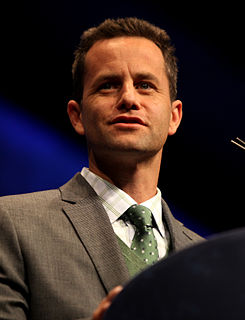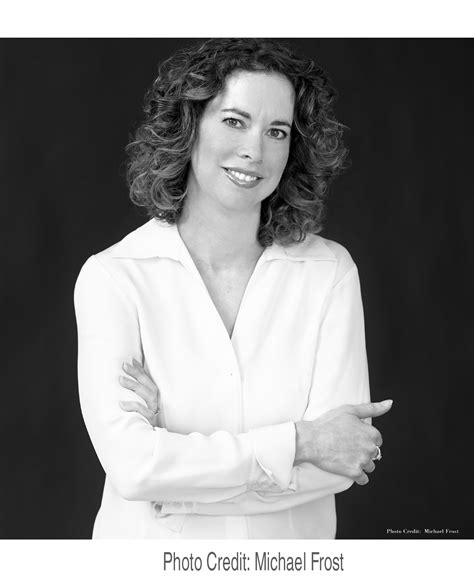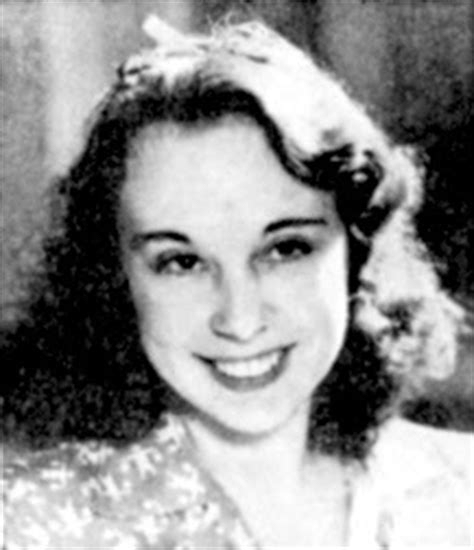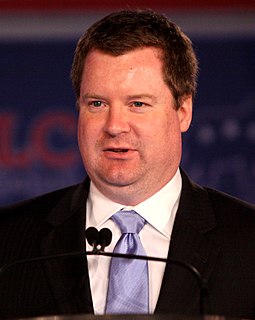Top 1200 Past Decisions Quotes & Sayings
Explore popular Past Decisions quotes.
Last updated on April 15, 2025.
Most people define "street smarts" as some innate ability to make savvy decisions, or one that has developed as a result of a person being confronted with very challenging circumstances in the past. I think another common term that is used is one who has amazing "business acumen." But, whatever we call it, it is always associated with some mysterious ability, only a few possess, that allow them to make better decisions than the rest of us.
That's absolutely true, but one problem with the digital revolution, which may tie into what I said earlier, is that there can be a collapse of quality. You may not have liked the decisions made by publishers in the past, you may not have liked the decisions made by magazine editors or newspaper editors in the past. At least there was some quality control
Strategic planning is the continuous process of making present entrepreneurial (risk-taking) decisions systematically and with the greatest knowledge of their futurity; organizing systematically the efforts needed to carry out these decisions; and measuring the results of these decisions against the expectations through organized, systematic feedback.
If we decide rightly what to do, or use a correct procedure for making such decisions, that has to be because the decisions or the procedure rest on good reasons, and these reasons consist in the apprehension of truths about what we ought to do. Because these truths must constitute reasons for our decisions, and because in the rational order, reasons must always precede the decisions based on them, the truth conditions of claims about what we ought to cannot be reduced to, or constructed out of, decisions about what to do, or procedures for making such decisions.
It is not the literal past that rules us, save, possibly, in a biological sense. It is images of the past. Each new historical era mirrors itself in the picture and active mythology of its past or of a past borrowed from other cultures. It tests its sense of identity, of regress or new achievement against that past.
The human condition can almost be summed up in the observation that, whereas all experiences are of the past, all decisions are about the future. It is the great task of human knowledge to bridge this gap and to find those patterns in the past which can be projected into the future as realistic images.
The human experience can almost be summed up in the observation that, whereas all decisions are of the past, all decisions are about the future. The image of the future, therefore, is the key to all choice-oriented behavior. The character and quality of the images of the future which prevail in a society is therefore the most important clue to its overall dynamics.
Through the plan of prayer, God actually is inviting redeemed man into full partnership with Him; not in making the divine decisions, but in implementing those decisions in the affairs of humankind. Independently and of His own will, God makes the decisions governing the affairs of earth. The responsibility and authority for the enforcement and administration of those decisions, He has place upon the shoulders of the church.
But the past does not exist independently from the present. Indeed, the past is only past because there is a present, just as I can point to something over there only because I am here. But nothing is inherently over there or here. In that sense, the past has no content. The past - or more accurately, pastness - is a position. Thus, in no way can we identify the past as past
The economy and its dismal status is the result of policy decisions that Obama has made and put into place. It's not the quirk of fate. It's not that America's best days are over. It's not that America's past was a fad or a quirk. It's not that the great economic days of the eighties were illegitimate or unreal. It's not that this is the new normal. It's not that all of the greatness in the past was undeserved. It is precisely because of Obama policies implemented since 2009 that this country is in the shape it's in.
Now, as a reader, you shouldn't feel the decisions the writer makes about this DNA, or it would be boring beyond belief. But, as a writer, you're struggling to make these decisions. What should the title be? What's the first line? The point of view? And the struggle with the decisions is because you're trying to figure out WHAT IS THE NOVEL, WHAT IS THE NOVEL?
Writing a novel, when it's all going well, it's wonderful. You're lost in the world, and you have a relationship with your own mind. Also, as a novelist, you don't have to yell at anyone. But being an executive producer of a TV show, all you have is people coming at you with questions, and you're making decisions, decisions, decisions.
Most of us think that decisions such as where shall I live, with whom shall I partner, what shall I pick as a career for my life are the most important decisions that we make. But from the point of view of the universe these decisions are not that important. Within you, you have already made decisions about who you are, what the universe is and how you will relate to other people and how you will relate to the universe and these decisions are creating consequences in your life moment by moment.
It is my goal to love everyone. I hate no one. Regardless of their race, religion, their proclivities, the desire of their heart and how they want to live their life and the decisions that they make. I can even respect people's decisions and lifestyle choices just as I hope they have the courtesy to respect my decisions and my choices.
We learn in the past, but we are not the result of that. We suffered in the past, loved in the past, cried and laughed in the past, but that's of no use to the present. The present has its challenges, its good and bad side. We can neither blame nor be grateful to the past for what is happening now. Each new experience of love has nothing whatsoever to do with past experiences. It's always new.






